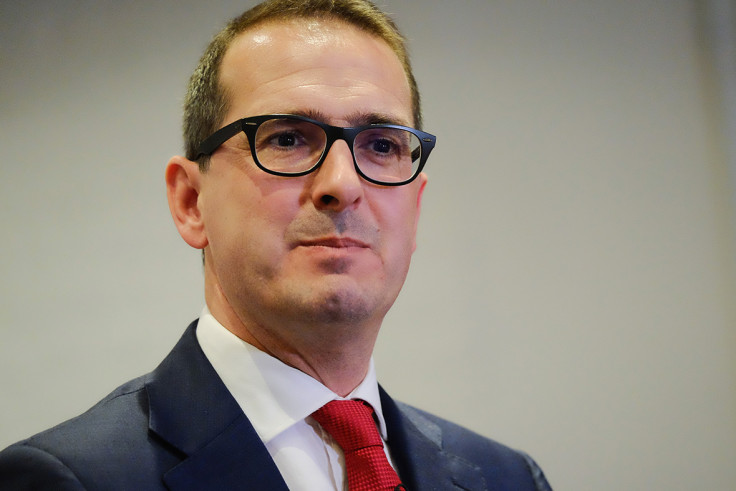Owen Smith is the leader Labour needs to return the party to power
The Labour party is the greatest engine of progressive social change the UK has ever seen.
"To change anything we need to be in government." That was Owen Smith's core message at the first leadership hustings in Cardiff's All Nations Centre on 4 August. If the Labour party is not a party of government, it cannot aspire to help the millions of people it is here to serve. Labour exists to tackle poverty, inequality and injustice, yet that task can only be carried out if the party has a radical, credible, costed programme of policies to put into action.
Owen's determination to seek power for a purpose has shone through the early weeks of his leadership campaign. He has moved beyond slogans to concrete proposals: a £200bn investment programme, funded by the issue of government gilts, new taxes on the wealthiest 1%, reversing the recent inheritance tax cut, and increasing corporation tax.
In his search for power – power to improve people's lives – Owen is like his political hero, Nye Bevan. Bevan always recalled walking with his father in Tredegar when they saw a member of the local Tredegar Urban District Council. His father pointed to him and told the young Bevan that there was a man of power. Thus, Bevan sought and won election to the Tredegar Urban District Council in 1922, but was told by a council clerk that power had moved to the Monmouthshire County Council. He was elected to that County Council in 1928, but found that power actually lay with Parliament. Thus, he was elected to Parliament as MP for the Ebbw Vale constituency in 1929.
Once there, he found power remained elusive and that it was actually located with the government on the Treasury bench. Yet Bevan did not seek power for power's sake. He sought to exercise it for the benefit of the people, most obviously in his painstaking negotiations with the medical professions to bring the National Health Service into being.

Perhaps ironically, there are also shades of Bevan's great rival, Hugh Gaitskell, in Owen's leadership campaign. Speaking at the Labour party conference in 1960 in a debate on unilateralism, Gaitskell spoke with great passion about Labour as a political entity: "There are some of us, Mr Chairman, who will fight, fight and fight again to save the party we love."
That belief, in the Labour party as the greatest engine of progressive social change the UK has ever seen, is shared by Owen. "It is the Labour party or nothing for me," as he recently put it.
The Labour constitution is clear: its governing purpose is to "organise in Parliament and in the country a political Labour party." That is what we need now, in these uncertain times, more than ever: a Labour party that is campaigning in the country and providing robust scrutiny in Parliament.
I sat on the frontbench with Owen as part of his shadow Work and Pensions team for over nine months. In that time I saw him, time and time again, whether on tax credit cuts, or cuts to personal independent payments for disabled people, not only hold the government to account, but forensically attack government proposals, and gain concessions. As Labour Leader, Owen would not only be a formidable leader of the opposition, he would be a strong candidate for prime minister.
Nick Thomas-Symonds is Labour MP for Torfaen and biographer of Nye Bevan.
© Copyright IBTimes 2025. All rights reserved.






















